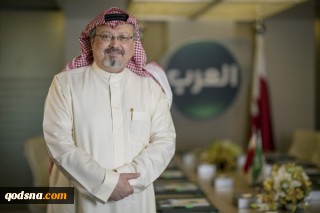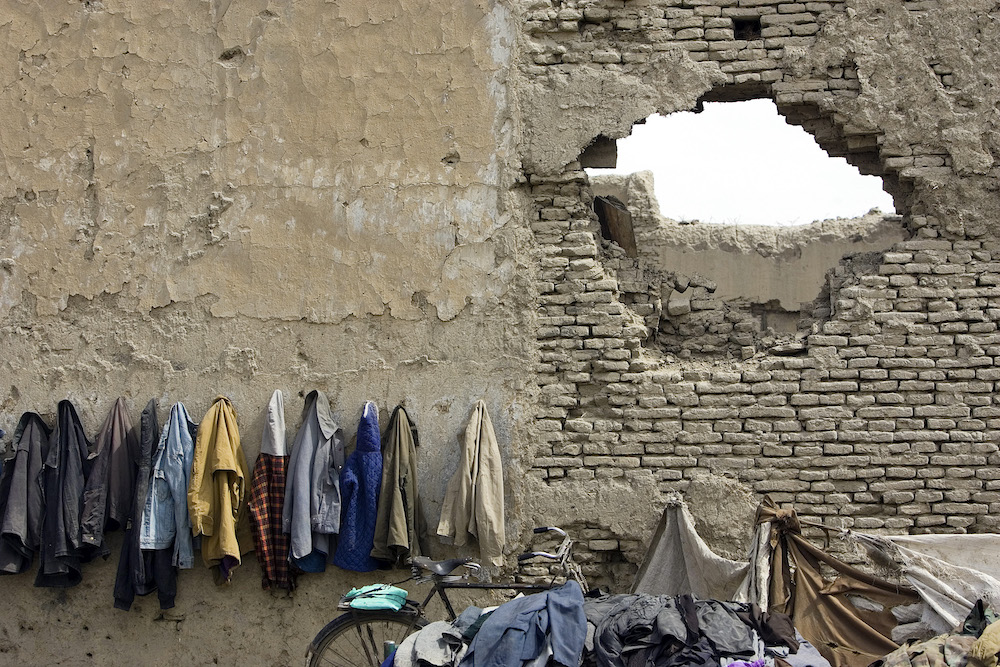THURSDAY 10 JAN 2019 | SYDNEY by The Interpreter@lowyinstitute

A forensics tent covers the bench where Sergei and Yulia Skripal fell unconscious
Location
Salisbury, Wiltshire, England
Date
4 March 2018
Target
Sergei Viktorovich Skripal
Yulia Skripal
Weapons
A-234 (suspected chemical weapon used)
Victims
3 admitted to hospital
(subsequently discharged):
The Skripals
Det Sgt Nick Bailey, Wilts Police.
Two other people were poisoned later, one died
Suspected perpetrators
Russia
Credit: Wikipedia
A worrying recent trend of violence outside of war zones, some of it state-sanctioned, has captured the attention of governments and, increasingly, the public. The Interpreter covered some of the best-known instances, and some sadly overlooked ones.
On 4 March, former Russian intelligence operative Sergei Skripal and his daughter Yulia Skripal were poisoned with a Novichok nerve agent. Shashank Joshi:
The UK’s case is built on three other interlocking pieces of evidence. First is the use of a military-grade nerve agent, originally developed by Moscow. That, as the Porton Down chief emphasised, is ‘only within the capabilities of a state actor.’ Second, and beyond Porton Down’s remit, is evidence based on secret intelligence that Russia has manufactured and stockpiled small quantities of Novichok within the past decade, and investigated its use for assassination. Third is the assessment, also informed by intelligence, that Russia has an active program of state-backed assassinations, views defectors as legitimate targets, and has passed laws to enable such action.
In July, two people were found unconscious in Amesbury, only 13 kilometres from Salisbury, afflicted by the same Novichok-type nerve agent that poisoned the Skripals. Shashank Joshi again:
The working assumption is that the latest victims came into contact with residue from the original batch. If so, Russia’s brazen chemical weapons attack on the UK – the first on European soil since the Second World War – continues to have casualties four months later. The difficulty for the British Government now is in crafting a fresh response. In March, the UK deployed compelling evidence of Russian culpability to persuade more than 20 allies and partners, from Canada to Australia, to kick out more than 100 Russian intelligence officers, in the largest coordinated expulsion in history. That was a diplomatic coup, and most likely did real and lasting damage to Russia’s capacity for covert action and espionage.
Kyle Wilson wrote about the history of assassination against Russian defectors:
The policy of assassinating those abroad deemed traitors goes back to the Cheka, the secret police set up by Vladimir Lenin in 1917, succeeded by the KGB and today’s FSB. Throughout the 1920s and 1930s, Cheka agents carried out hundreds of assassinations, especially in Western Europe. Leon Trotsky was perhaps the Cheka’s most famous victim, but by the 1950s the ice pick with which he been killed had given way to methods designed to conceal traces. The use of sophisticated poisons by Russian assassins has a considerable history in which the Alexander Litvinenko case is but a recent example. In 1961 a KGB defector, Bohdan Stashinsky, gave details of a miniature pistol firing cyanide that he had used to kill two Ukrainian nationalists living in western Europe.

On 2 October, Saudi Arabian journalist Jamal Khashoggi entered the Saudi consulate in Istanbul, Turkey. That was the last time he was seen. Rodger Shanahan’s initial take:
Rumours about Khashoggi’s fate have abounded since, from claims that he has been abducted by Saudi authorities, to grisly claims that he has been killed, or even killed and dismembered. Regardless of what actually occurred, unless it is resolved and Khashoggi is located, then this incident has potentially severe repercussions for Saudi Arabia on any number of fronts.
Lydia Khalil considered what it meant for Saudi Crown Prince Mohammed bin Salman (MbS):
Prior to the Khashoggi incident, while there were concerns about MbS, the tolerance level for his bad behaviour was high because the allure of a young, dynamic leader willing to shake things up in sclerotic Saudi Arabia. MbS internalised the message from the West, from the Gulf, and other international capitals that he would not be checked and acted accordingly. But as the cliché goes, be careful what you wish for. There is now a palpable nostalgia for Saudi Arabia’s comparably stable foreign and national security policy of the past.
And Melinda Rankin weighed in on Turkish president Recep Tayyip Erdoğan’s response to Khashoggi’s disappearance:
From the very beginning of Khashoggi’s alleged disappearance, Turkish authorities appeared eager to leak information to the media, careful to extend Saudi Arabia’s humiliation, without severing relations all together. Ostensibly, this was warranted by Turkish claims to compromising intelligence and surveillance material of the extrajudicial killing, including recording the alleged crime. By drip-feeding leaked information to the press, Erdogan patiently tested the international response. Indeed, Erdogan waited until several statements by international leaders were issued condemning Saudi Arabia and demanding an investigation into Khashoggi disappearance and later death, before issuing his own in the Turkish parliament.
U Ko Ni, a prominent lawyer, and advocate for constitutional reform was assassinated in Myanmar in 2017. Melissa Crouch wrote on the anniversary of his death.

This calculated killing came as a shock because U Ko Ni was known publicly as a legal adviser to the National League for Democracy, the political party of Nobel Laureate Aung San Suu Kyi. His death was condemned globally, from Amnesty International to the pages of The New York Times. The tragedy exposed the revolutionary nature of the call for constitutional reform in Myanmar. Efforts to change the constitutional order pose a threat to the military and its role in governing the country. U Ko Ni publicly and consistently called out the extreme difficulties of formally amending the constitution and advocated for a new constitutional order. He was also involved in the creation of the Office of State Counsellor, a position tailor-made for Aung San Suu Kyi. Despite this, Aung San Suu Kyi herself remained strangely silent for an entire month after U Ko Ni’s death.

Afghanistan’s government has proven incapable of offering effective protection for vulnerable populations. (Photo: United Nations Photo/ Flickr)
And Afghanistan continues to face terrible violence. In late October 2018, the Taliban in launched a new campaign of attacks aimed at members of the Hazara ethnic group. Niamatullah Ibrahimi and William Maley:
A local media broadcast reported that the Taliban had killed 31 civilians in the Khas Uruzgan villages and that many were shot to death at close range in front of their homes. Many were killed after they were captured attempting to flee to Bamyan, Ghazni, and Kabul. A member of a delegation tasked by president Ghani to assess the situation claimed 60% of the population in Khas Uruzgan and Ghazni have been forced to flee their homes. The overwhelming majority of residents of Jaghori and Malestan are members of the Hazara ethnic group. Hazaras are predominantly Shiia and constitute a religious minority among the country’s majority Sunni population. Historically, Hazaras were subjected to discrimination and exclusion by the country’s Pashtun and Sunni governments.
